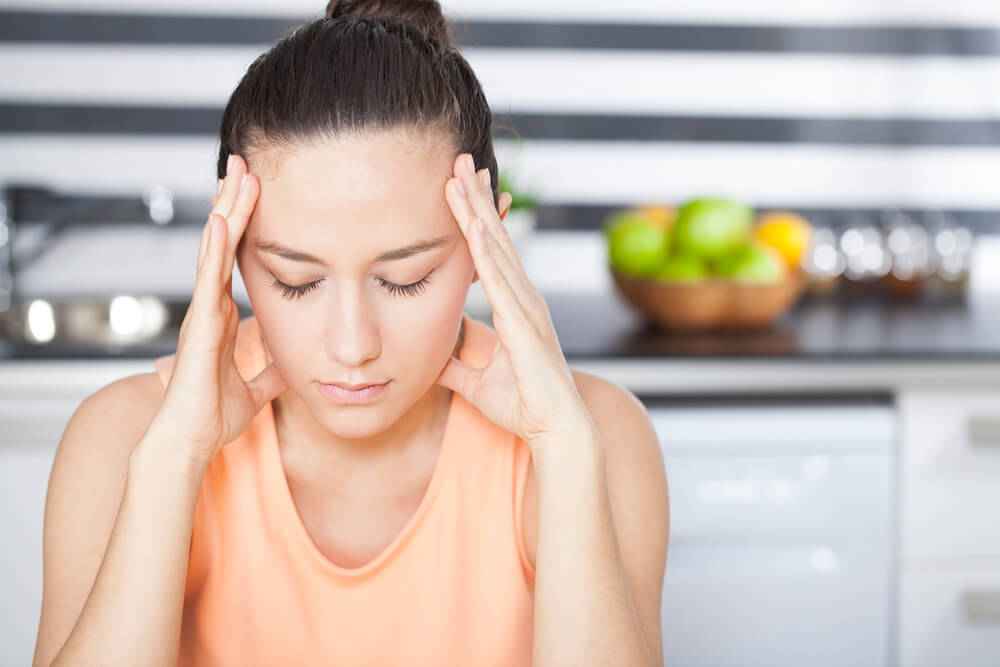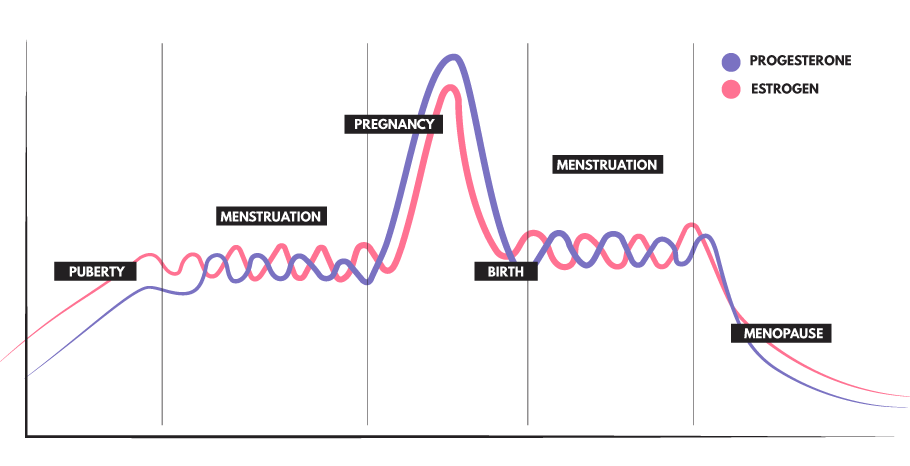

You’ve called in sick to work because of period cramps.You get seriously hungry if you don’t eat every two hours.You’re in bed by 10pm most nights, but not ready to wake up by 7am.

This usually means you’re making too much or too little oestrogen and progesterone, which can trigger health issues, from acne to PCOS.

In her book Period Repair Manual, Dr Lara Briden explains how to spot a hormonal imbalance. What are the main symptoms of a hormonal imbalance? If you live with a hormonal imbalance for too long, you can increase your risk of more serious chronic health conditions, such as diabetes, polycystic ovarian syndrome (PCOS) and more. “In short, they control and coordinate our body’s day-to-day functionalities,” he shares. According to doctor Khan, they look after growth and development, help your body control its response to stress and sleep, and play a key part in reproductive function, aka your ability to have kids.


 0 kommentar(er)
0 kommentar(er)
